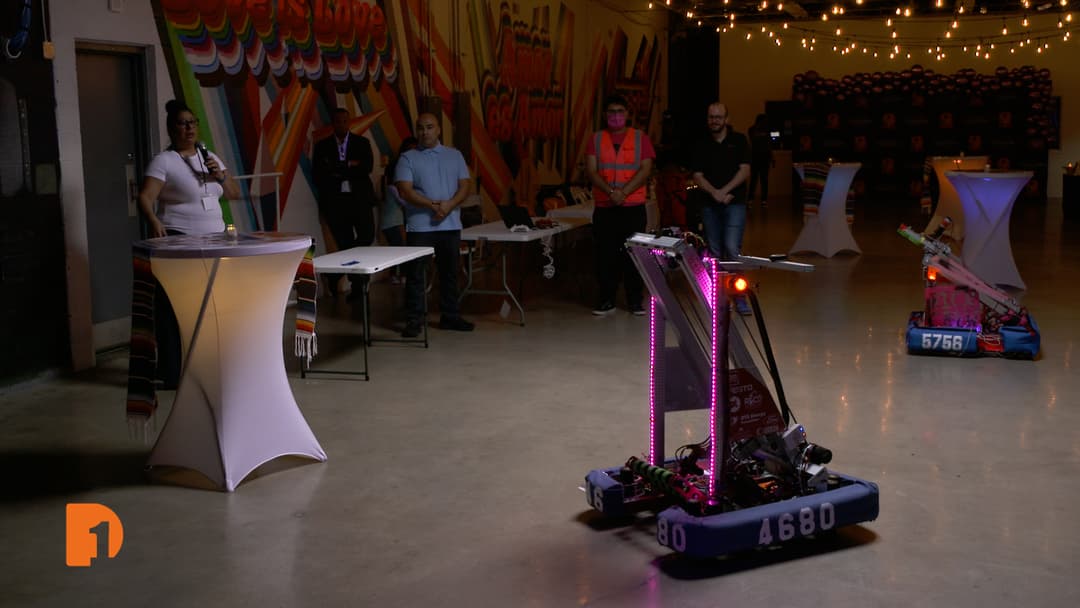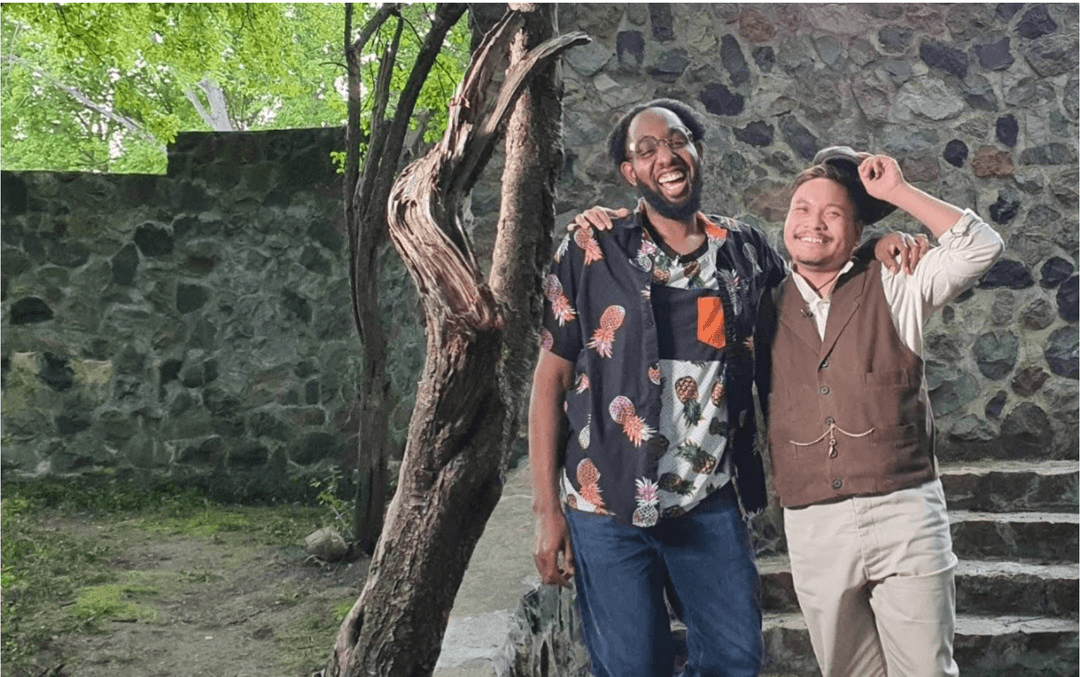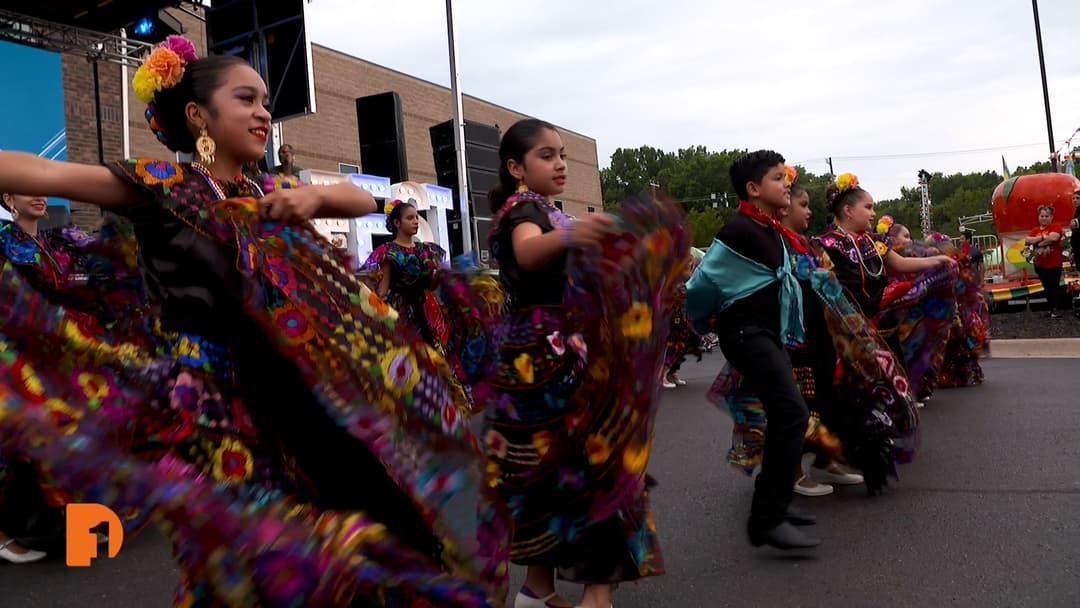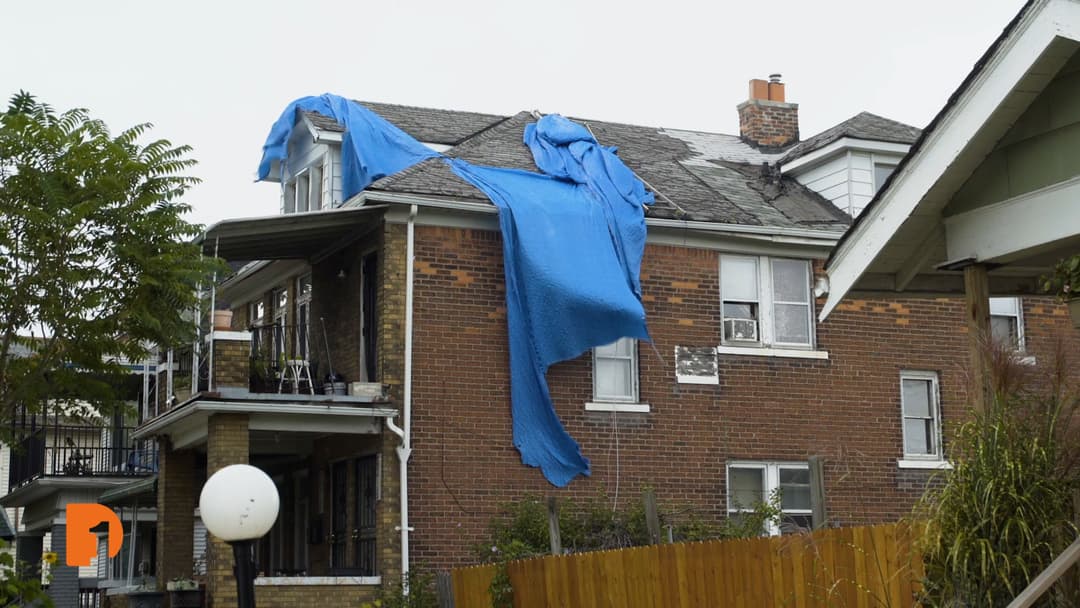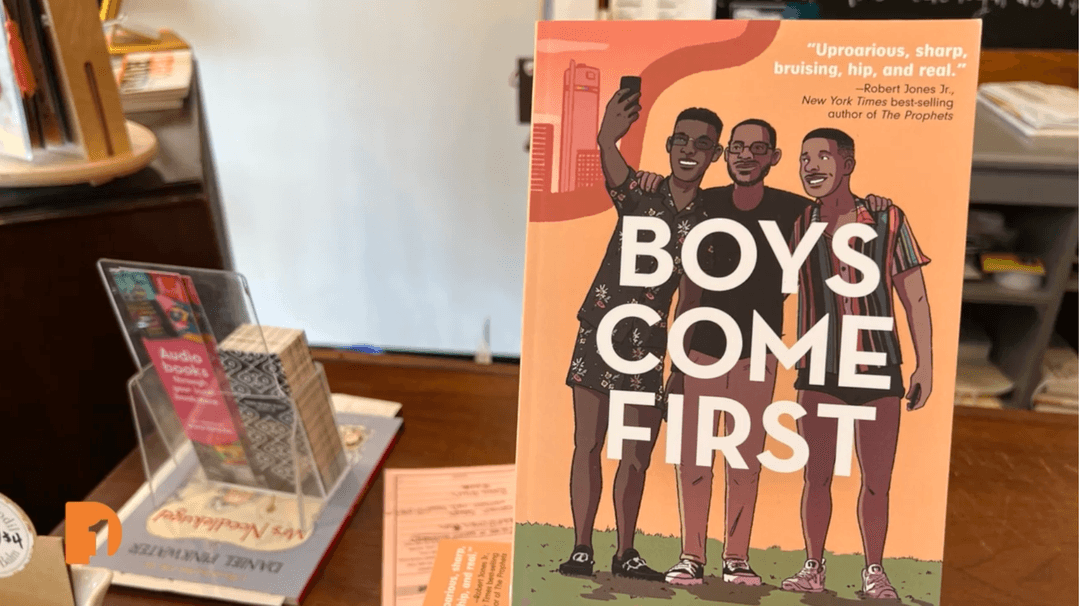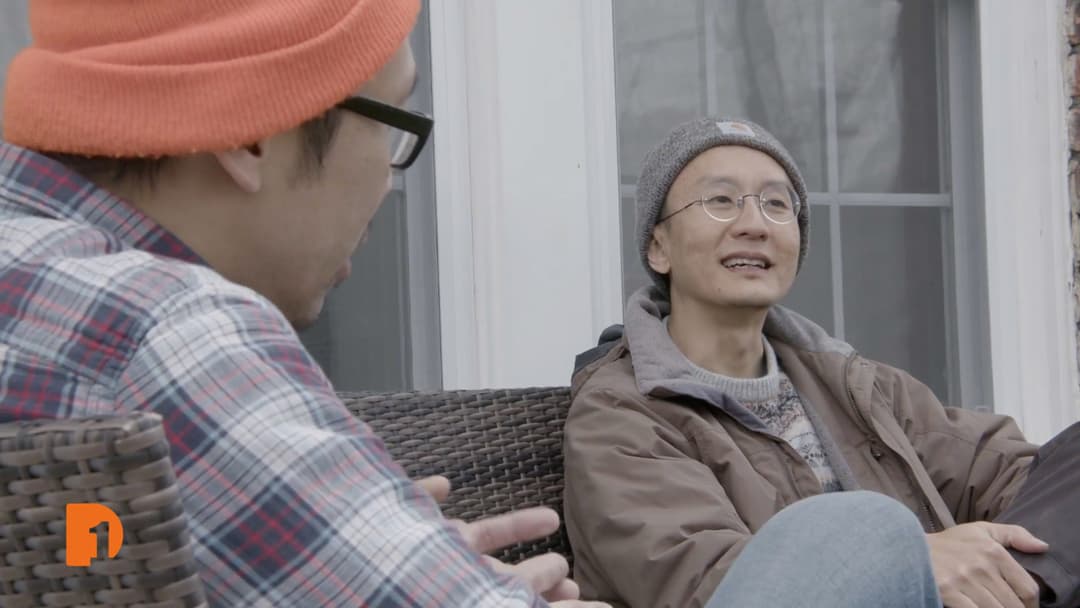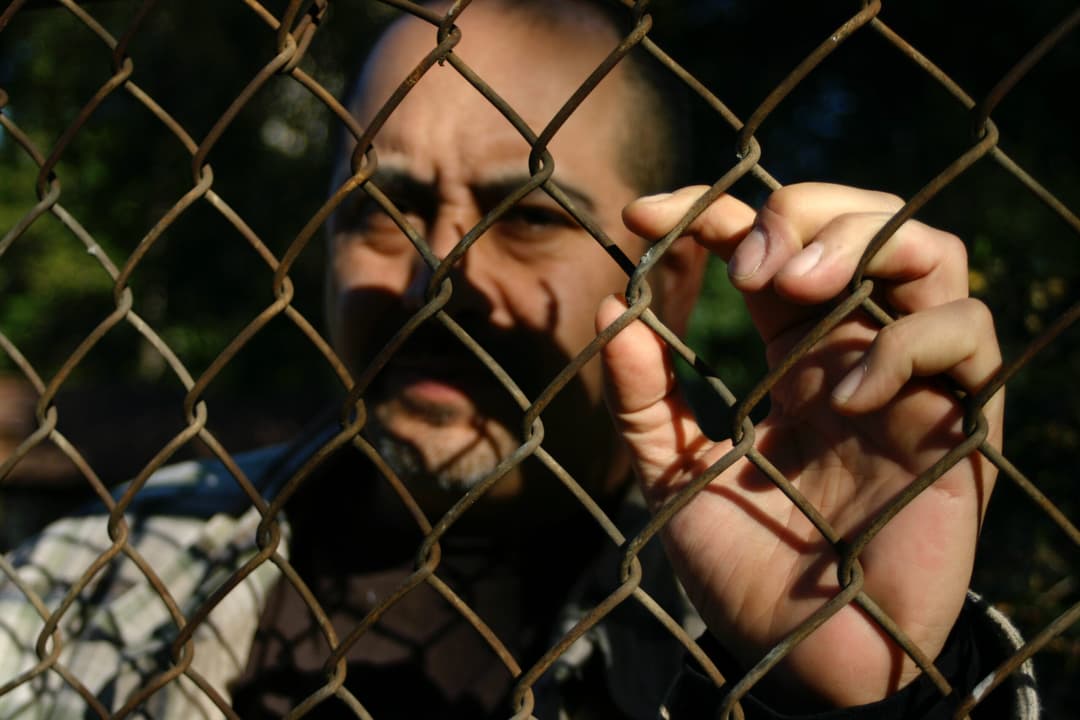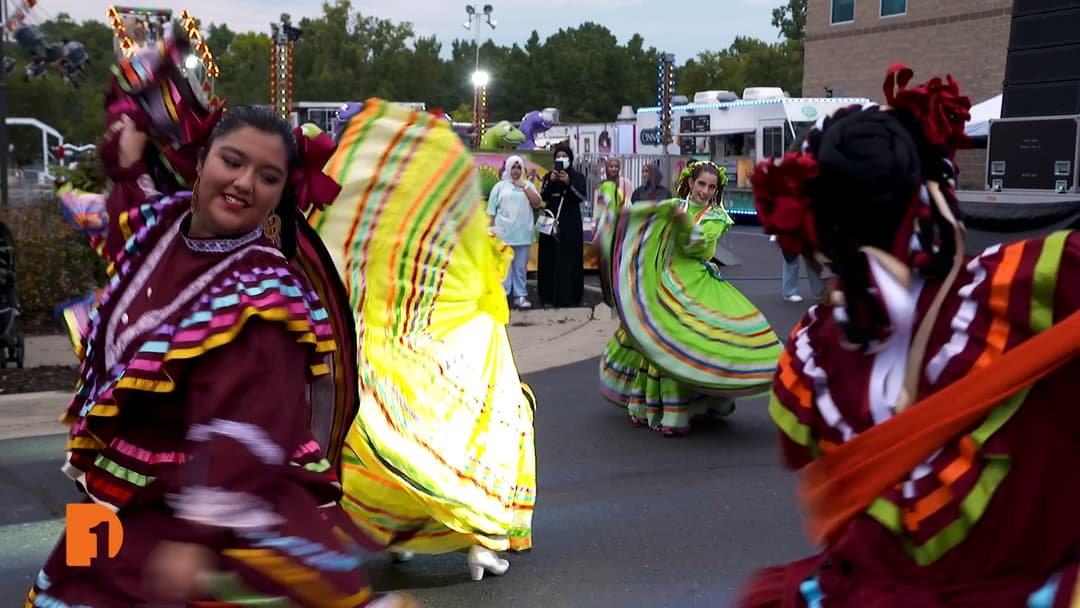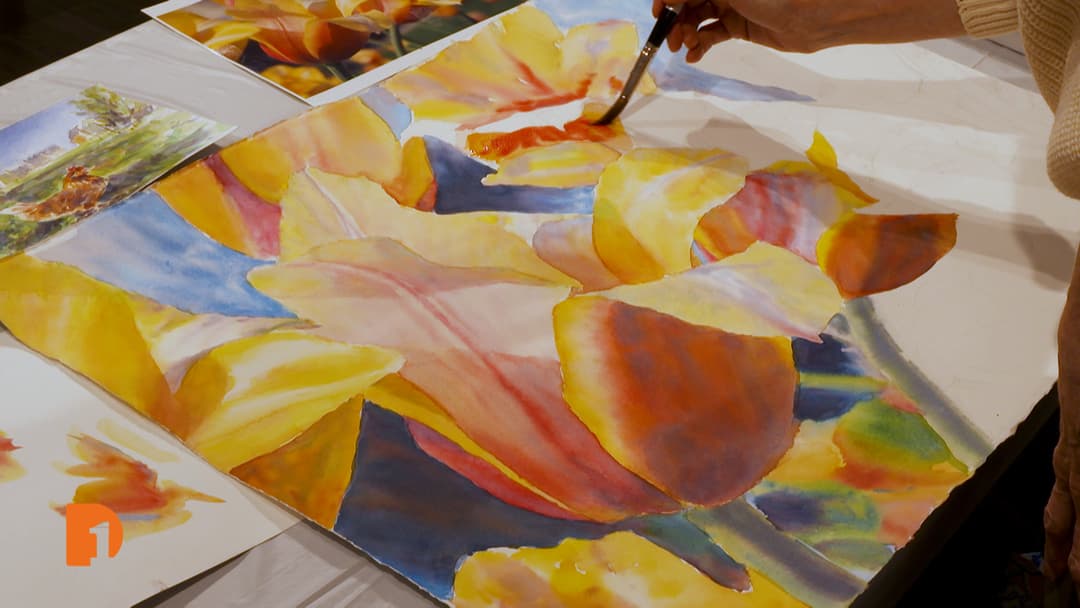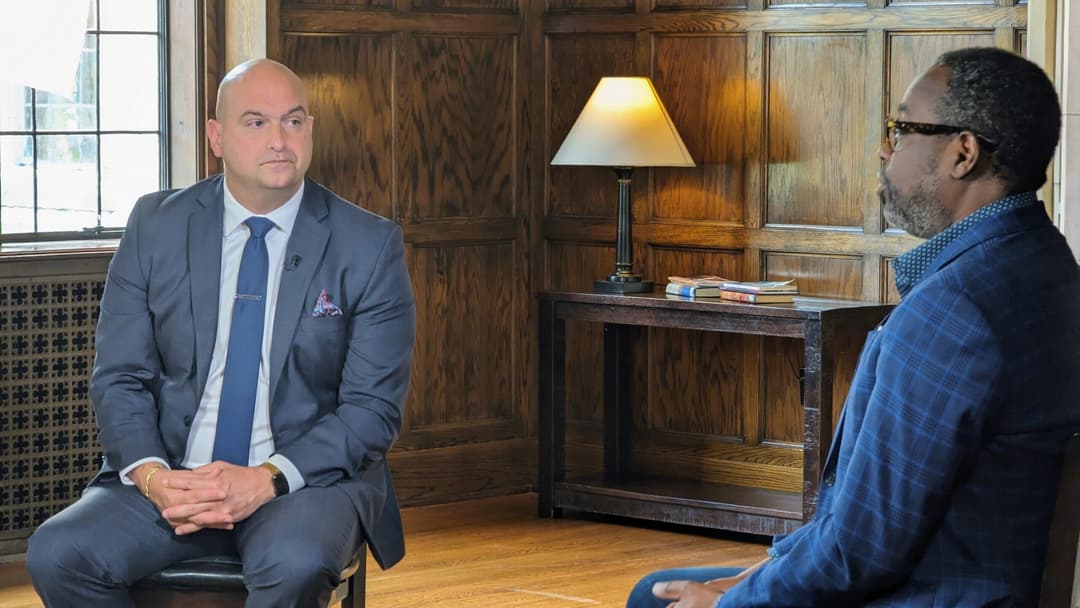One Detroit – Best Of: Michigan Creatives and Cultures
Jan 26, 2023
Since its inception, One Detroit has shared stories that bring value and context to our audience’s daily lives. The One Detroit team now reshares some of these impactful stories in a series of “Best Of” episodes. Tonight, One Detroit presents a ”Best Of” episode featuring Michigan’s diverse creatives and cultures.
This Week on One Detroit:
‘Bad Axe’ film hits the big screen to tell an Asian-Mexican American family’s story in rural Michigan
Bad Axe, a small town of about 3,000 people, two hours north of Detroit in Michigan’s thumb, mirrors many other rural, conservative-leaning towns across the Midwest. When COVID hit Michigan, and businesses shut down, Bad Axe was no different. The difference, however, was Asian-Mexican American filmmaker David Siev who returned to his family’s restaurant, Rachel’s Food and Spirits, and began documenting their struggles of keeping the business afloat while combatting racial tensions and a new wave of Asian-American hate. The result was “Bad Axe,” the documentary.
After its premiere at the 2022 SXSW film festival and winning a Critics Choice award, “Bad Axe” is now set to hit the big box theaters across America on November 18, 2022. The film is in talks for an Academy Award nomination this year too.
Following the film’s breakout success, One Detroit Senior Producer Bill Kubota visited Bad Axe to sit down with Siev and his family for a look back at the creation of the documentary and how far it’s come. Plus, they discuss the message they hope viewers take away from the film, why Siev wanted to tell his family’s story and the importance of diverse representation in stories of rural America.
[et_pb_video src=”https://www.youtube.com/watch?v=IA8HSDVW5u0″ admin_label=”Segment 1 Video” _builder_version=”4.19.3″ _module_preset=”default” global_colors_info=”{}”]
IS/LAND Premieres ‘Invisible Embrace’ Inspired by Japanese Internment Camp Survivors’ Stories
An archive of oral history interviews with Japanese internment camp survivors found by Detroit documentary filmmaker Chien-An Yuan sparked an idea: how could these stories be creatively amplified to tell a new story, one reflective of the past and present day? That’s where the Asian American and Pacific Islander artists’ collective IS/LAND, of which Yuan is a collaborator, came in.
Together they created a new collaboration titled “Invisible Embrace,” to create a space and experience that allows audiences to share, learn and reflect on the experiences of Japanese internment camp survivors. A performance of “Invisible Embrace” can be seen at the Ann Arbor Public Library in October.
One Detroit Arts & Culture sat down with Amber Kao, a mover and creative collaborator on “Invisible Embrace” with IS/LAND, to talk about the unique sound mechanics used, how recent waves of anti-Asian hate reflect the survivors’ stories, and what they hope audiences take away from the performance.
[et_pb_video src=”https://www.youtube.com/watch?v=lVqa70q84pU” admin_label=”Segment 2 Video” _builder_version=”4.19.3″ _module_preset=”default” global_colors_info=”{}”]
Ballet Folklorico de Detroit Keeps Mexican Folkloric Dance Traditions Alive in Southwest Detroit
A rich tradition of Hispanic culture lives within Southwest Detroit’s neighborhoods. It’s not only found in the corridors of Mexicantown but in a local dance troupe, Ballet Folklorico de Detroit, whose mission is to keep the Mexican traditions of folkloric dance alive for a new generation of Mexican Americans living here. In recognition of Hispanic Heritage Month Sept. 15 – Oct. 15, One Detroit contributing producer Daijah Moss takes a trip to Southwest Detroit to learn more about Ballet Folklorico de Detroit.
Ballet Folklorico de Detroit Co-Founders Janette and Lance Rodriguez join Moss to talk about giving younger Mexican Americans a sense of pride in their heritage through the folkloric dance traditions, the role dance plays in Mexican culture, and the numerous styles of dance and clothing dancers might wear based on the region where the dance originated.
Plus, Moss talks with four students — Adiley and Adilen Ramirez Garcia, and Karen and Alondra Castellanos — about how being involved in the organization has helped them connect with and learn about their Mexican heritage.
[et_pb_video src=”https://www.youtube.com/watch?v=Ho3kqtYdzsc” admin_label=”Segment 3 Video” _builder_version=”4.19.3″ _module_preset=”default” global_colors_info=”{}”]
TeMaTe Brings Afro-Rooted Traditions to ‘Detroit Performs: Live From Marygrove’
Dancers and live drummers transform the Marygrove Theatre as the Black dance and cultural institute TeMaTe takes the stage, performing afro-rooted traditions on “Detroit Performs: Live From Marygrove.”
[et_pb_video src=”https://www.youtube.com/watch?v=hJgj52nDyMs” admin_label=”Segment 4 Video” _builder_version=”4.19.3″ _module_preset=”default” hover_enabled=”0″ global_colors_info=”{}” sticky_enabled=”0″]
Stay Connected:
Subscribe to One Detroit’s YouTube Channel & Don’t miss One Detroit Mondays and Thursdays at 7:30 p.m. on Detroit PBS, WTVS-Channel 56.
Catch the daily conversations on our website, Facebook, Twitter @DPTVOneDetroit, and Instagram @One.Detroit
View Past Episodes >
Watch One Detroit every Monday and Thursday at 7:30 p.m. ET on Detroit Public TV on Detroit Public TV, WTVS-Channel 56.
Stay Connected
Subscribe to One Detroit’s YouTube Channel and don’t miss One Detroit on Thursdays at 7:30 p.m. and Sundays at 9 a.m. on Detroit PBS, WTVS-Channel 56.
Catch the daily conversations on our website, Facebook, Twitter @OneDetroit_PBS, and Instagram @One.Detroit
Related Posts
Leave a Reply
Your email address will not be published. Required fields are marked*

